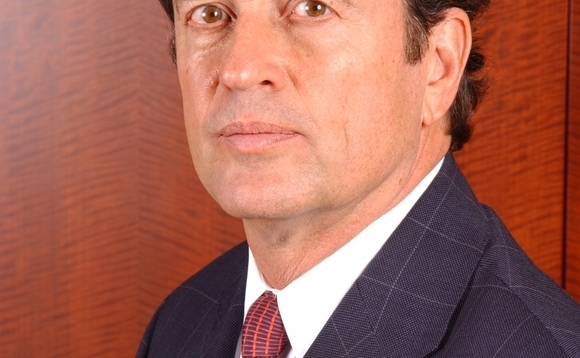
The Great Arbitrage

In this week's Editor's Viewpoint, Brent Nicklas of Lexington Partners shares a key strategic insight with Paul Mackintosh, AVCJ Managing Editor.
Thanks to Brent Nicklas, Managing Partner at Lexington Partners, for contributing one of the most interesting recent takes on the evolution of global private equity post the GFC, and Asia Pacific's place in it. He talks of the "giant arbitrage going on" between East and West, as the traditional holders of large tranches of private equity positions in the US and Europe shed their holdings, to be snapped up by "large new entrants to private equity who are underallocated and are long on cash" across Asia Pacific.
Many of the banks, pension funds, foundations and endowments, and "all the usual suspects" feeding one end of the arbitrage were frequently over-allocated even without the added impact of the denominator effect. Some, especially banks and financial institutions, are effectively forced sellers – witness the selloff of HBOS's asset portfolio in the UK, likely to reach at least $750 million, with Coller Capital and 3i Group among the probable buyers. Great volumes of private equity inventory held by banks and financial services groups still has not yet reached the market, unlike the pension funds and foundations whose immediate needs compelled them to sell first. And the less challenged financial institutions are generally in no position to buy now, even if they wanted to.
LPs that have historically been under-allocated to Asia – meaning, just about all of the traditional investor base – are generally now very well aware of the fact, and far more likely to shed existing holdings to free up capital and allocation room for newer positions. The GPs being traded, meanwhile, are very likely to prefer Asian SWF and other institutional money as a steady and future-proofed LP base: "partners they can grow with over time."
The value that the new institutions at the other end of the arbitrage are putting on the opportunity can be gauged by China Investment Corporation's recent $1.5 billion move into secondaries through Pantheon Ventures, Goldman Sachs – and Lexington themselves. Furthermore, secondaries give these new LPs the liquidity opportunities that many favor as newcomers to this long-term asset class.
How big could the arbitrage grow? Some very seasoned industry participants are already citing China as destined to outdistance the US as the single largest private equity market by value on the planet. Australia, meanwhile, has a superannuation system on track to exceed $2 trillion within the next five years – versus an ostensible total of $2.5 trillion for all private equity assets under management worldwide as of end 2008. And these are just two pools of the sea of Asia Pacific capital now coming onstream for the asset class.
Enough to bring about a sea change in the ultimate ownership base of the entire industry? Perhaps. In any case, the great arbitrage will be influencing the movement of holdings, LPs and GPs for many years to come.
Latest News
Asian GPs slow implementation of ESG policies - survey
Asia-based private equity firms are assigning more dedicated resources to environment, social, and governance (ESG) programmes, but policy changes have slowed in the past 12 months, in part due to concerns raised internally and by LPs, according to a...
Singapore fintech start-up LXA gets $10m seed round
New Enterprise Associates (NEA) has led a USD 10m seed round for Singapore’s LXA, a financial technology start-up launched by a former Asia senior executive at The Blackstone Group.
India's InCred announces $60m round, claims unicorn status
Indian non-bank lender InCred Financial Services said it has received INR 5bn (USD 60m) at a valuation of at least USD 1bn from unnamed investors including “a global private equity fund.”
Insight leads $50m round for Australia's Roller
Insight Partners has led a USD 50m round for Australia’s Roller, a venue management software provider specializing in family fun parks.





